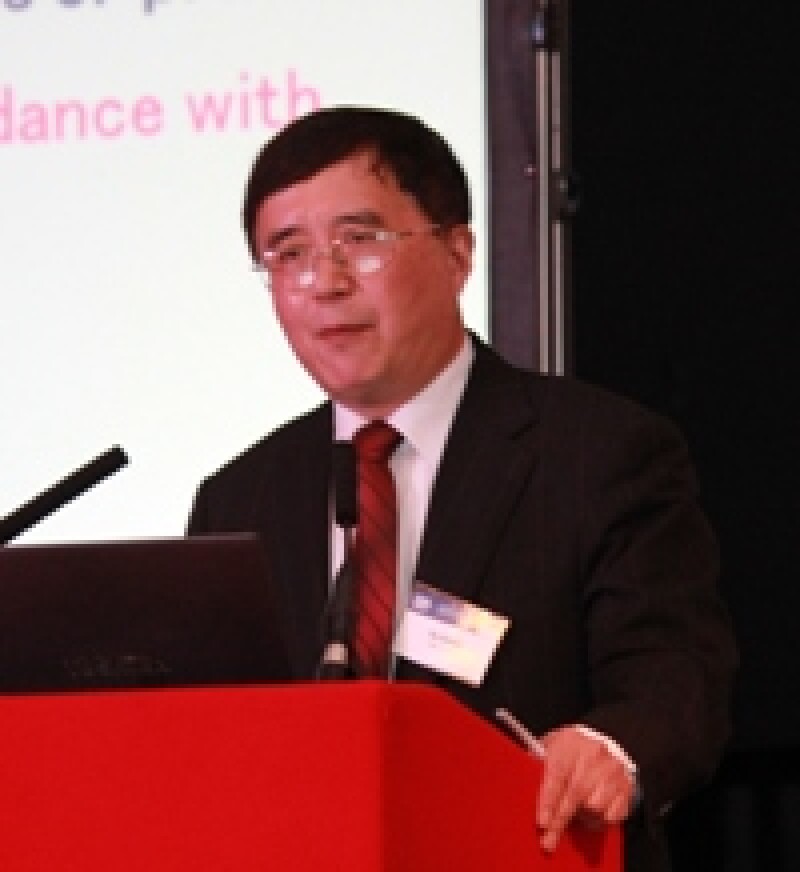Yin Xintian joined SIPO in 1982 and was made director-general of legal affairs in 1998. He is now senior partner at Beijing-based law firm Wan Hui Da.

Speaking to Managing IP’s International Patent Forum yesterday, he explained how a proposal to amend China’s Patent law a fourth time was in its early stages. The changes are designed to improve enforcement of patent rights in China. They include plans to increase the maximum fines courts can impose on infringers and to give officials from local IP offices and the Administration of Industry and Commerce more powers to investigate and collect evidence of patent infringement.
Yin described these changes as “good news” for IP owners.
But he said that the new proposals (available here in Chinese) did not make it clear how courts should define “group infringement” and “repeat infringement” when deciding whether to impose triple damages on infringers.
He was also sceptical about a proposal to give almost immediate effect to decisions on patent validity by the Patent Reexamination Board (PRB). China operates a bifurcated system for patent validity and infringement. At the moment, courts often delay their decisions on patent infringement until a final decision has been made on validity – either by the PRB or by a court if one of the parties appeals the PRB’s decision.
Now there is a proposal to make the PRB’s decision effective as soon as it is published. If a court subsequently overturns the PRB’s decision, the court’s ruling will not have retrospective effect.
Paul Ranjard, Of Counsel at Wan Hui Da, suggested that this proposal contravened provisions in the TRIPs Agreement and said it would be dangerous to retain it in later drafts.
Yin concluded that, overall, the new proposals offered benefits and drawbacks to both plaintiffs and defendants. But he added that given the rise in the number of patent lawsuits being filed in China, it was perfectly feasible that an IP owner would find himself a plaintiff in one case one day and a defendant in another case the next.
A prominent IP academic, Liu Chuntian, has already voiced concerns about plans to give administrative agencies more powers in IP cases. Speaking to Managing IP in September, he said that proposals to do this in the fourth set of amendments to the patent Law might “hurt the balance of power and the rule of law”.
“Instead of increasing the power of the local agencies, I think the courts should have more say in enforcement matters. If the administrative agencies are given more power, then there is some concern that the courts might become more like an administrative agency instead of acting as an independent judiciary.”
The International Patent Forum was held on Tuesday and Wednesday in the Park Lane Sheraton in London.










